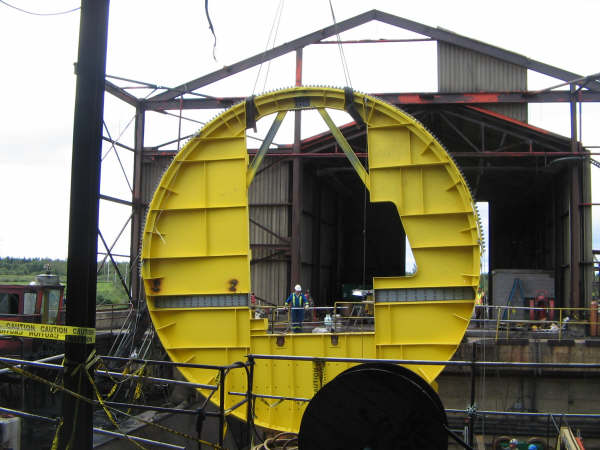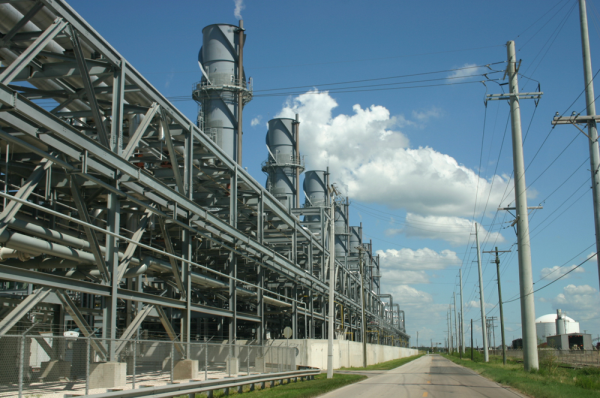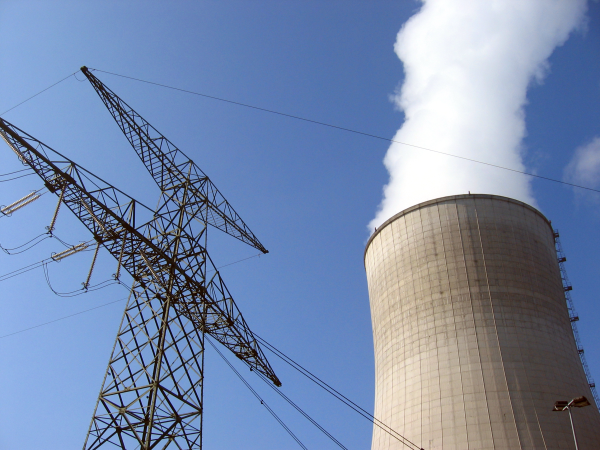
Bulk material handling equipment is an investment, it’s a large expense, and its useful life is often measured in decades. But what happens when that useful life comes to an end after 40 years of service, and there is no capex budget for a replacement? That's when H&P steps in to help you rehabilitate aging equipment for a longer future of material handling. H&P will help customers to progressively replace equipment components to return aging machinery back to its original specs.
Read More










